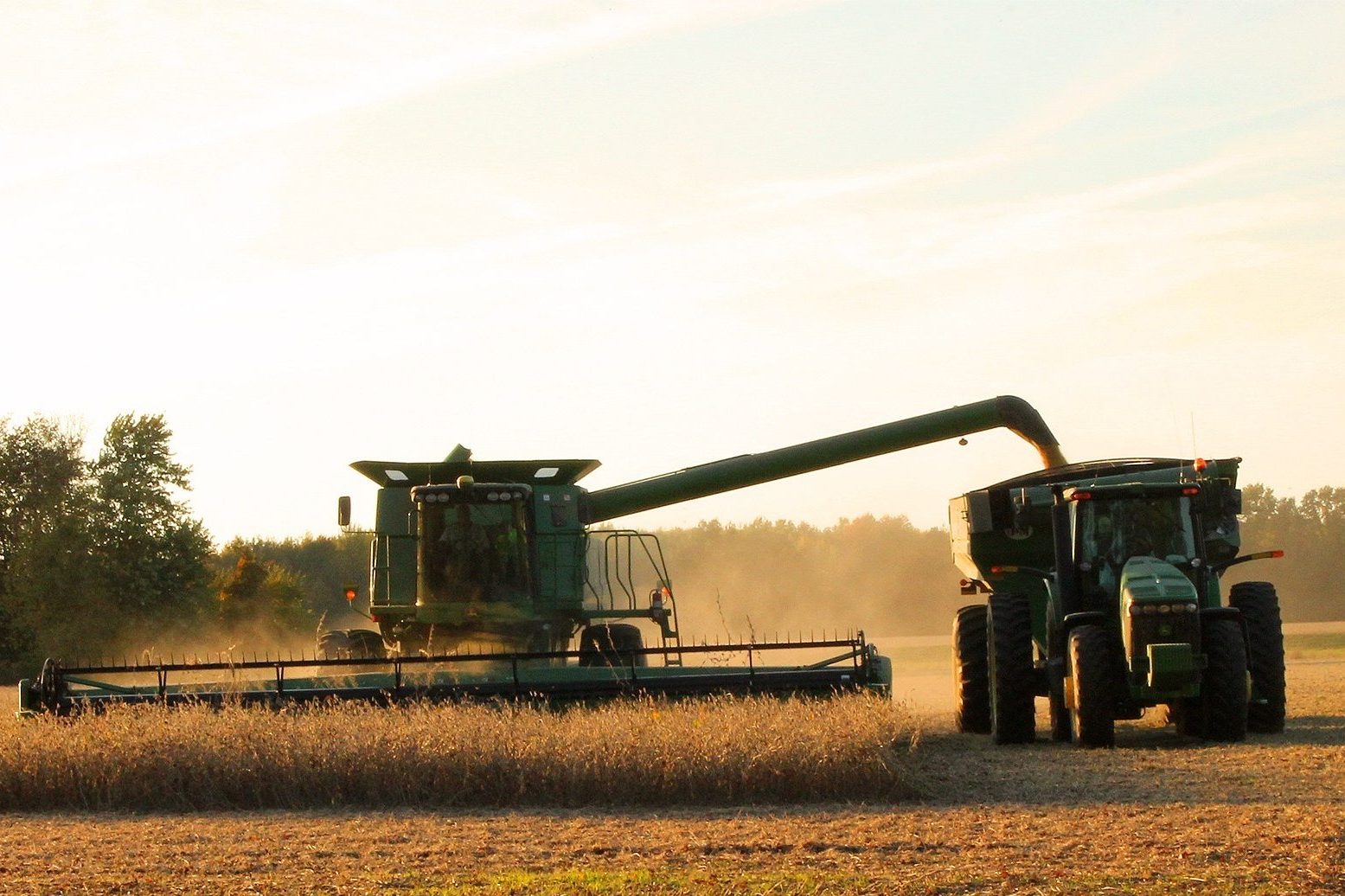Renewable energy advocates and soybean growers will be largely playing defense this year on provisions promoting biofuels in the 2024 farm bill fighting for their small piece of the agricultural legislation.
The Environmental Protection Agency (EPA) since the 2018 farm bill has gradually increased mandates requiring blending of biofuels in gasoline while a recent climate law created a new one for renewable jet fuel. Meanwhile, the farm bill’s energy title, which accounts for just 0.1% of the bill’s mandatory funding, has been declining since hitting a record $1 billion under the 2008 reauthorization.
The 2018 bill authorized $375 million in mandatory energy title funding—46% less than the 2014 farm bill.
Still, corn and soybean growers and biofuels groups say the agriculture-focused energy section plays an outsize role in promoting smaller biofuels production to marketing, education, and demonstration programs.
They range from the Agriculture Department’s Advanced Biofuel Payment Program—providing payments to small biofuels producers—to the Biorefinery, Renewable Chemical, and Biobased Product Manufacturing Assistance Program providing loan guarantees for biofuels projects.
Energy funding outside the farm bill surged under the 2022 climate law, which provided $2 billion for USDA’s Rural Energy for America Program over 10 years to help farmers and ranchers expand energy efficiency and renewable energy. The Biden administration in June announced up to $500 million from the law to boost fueling and distribution infrastructure for ethanol and biodiesel under the Higher Blends Infrastructure Incentive Program.
The EPA’s biofuels mandates are a bigger focus for growers and biofuels producers. Last July, the agency increased its mandate for biofuels under the Renewable Fuel Standard (RFS) to 22.3 billion gallons in 2025 from 19.3 billion gallons in 2022 — a disappointing increase that left agriculture groups and biofuel producers urging EPA to mandate higher volumes.
Rural states have since won concessions including an EPA decision last week allowing a group of Midwestern governors to offer year-round sales of a higher blend of ethanol known as E15 — beginning in 2025.
The farm bill energy title still has strong backing, particularly its incentives for small biofuels producers. Direct payments to smaller producers under the Advanced Biofuel Payment Program can be crucial for those “looking to expand their plants and build additional capacity,” Alexa Combelic, the American Soybean Association’s government affairs director, told me.
Among other energy title tweaks the group is seeking: ensuring uniformity in any federal definitions of what constitutes sustainable aviation fuel, which remains an expensive alternative to traditional jet fuel. The US produced just 15.8 million gallons of sustainable jet fuel in 2022, accounting for less than 0.1% of the total used by major US airlines.
The soybean group also says the 2024 farm bill should specifically authorize USDA’s Higher Blends Infrastructure Incentive Program to ensure its focus on building out biofuels infrastructure survives “regardless of the administration” in the White House, Combelic said.
Paul Winters, spokesman for the Clean Fuels Alliance America, said the group wants to restore funding for the Biodiesel Fuel Education Program to provide grants to nonprofits and academia, which tout biodiesel’s benefits to vehicle fleet operators and the public.
Given intense competition for money, his group is hoping to simply maintain 2018 farm bill spending levels for the Advanced Biofuel Payment Program. “We aren’t thinking of tweaks to the program but want to make sure it’s funded at the same level,” Winters said.
Originally shared by Bloomberg Government, March 1, 2024. Updated for purpose and clarity, March 4, 2024.

